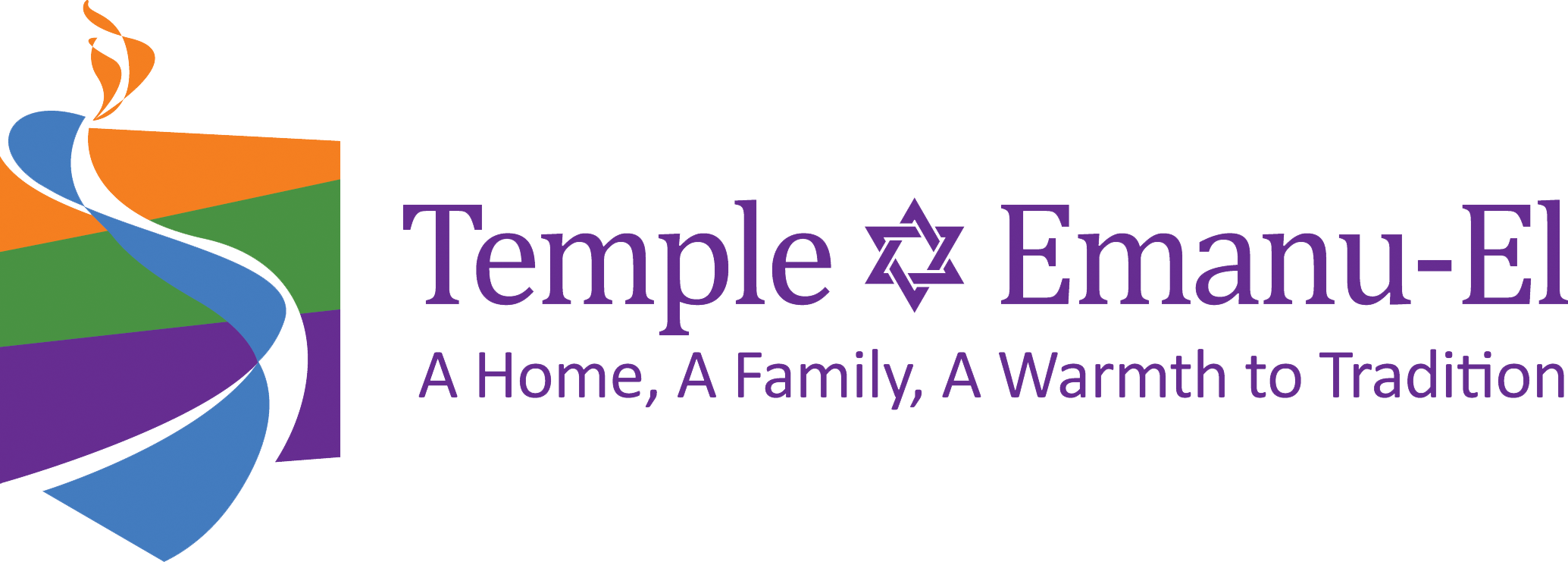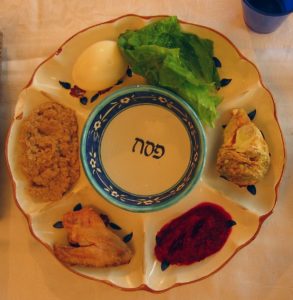Erev Pesach 2023 is Wednesday, April 5th

Passover
Passover is the quintessential Jewish holiday. We gather in our homes to celebrate with family and friends to replay the narrative of our people each in our unique way with festivity, feasting, and fun.
The story of Passover originates in the Bible as the story of the Exodus from Egypt. The Torah recounts how the Children of Israel were enslaved in Egypt by a Pharoah who feared them. After many generations of oppression, God speaks to an Israelite man named Moses and instructs him to go to Pharoah and let God’s people go free. Pharoah refuses, and Moses, acting as God’s messenger brings down a series of 10 plagues on Egypt.
The last plague was the Slaying of the Firstborn; God went through Egypt and killed each firstborn, but passed over the houses of the Israelites leaving their children unharmed. This plague was so terrible that Pharoah relented and let the Israelites leave.
What are the four questions?
The Four Questions are traditionally asked by the youngest person at the seder who is capable of asking them. The version that appears in the Haggaddah is in Aramaic. In English they read:
Why is this night different from all other nights?
- On all other nights we eat both leavened and unleavened bread, but on this night we eat only unleavened bread.
- On all other nights we eat all kinds of vegetables, but on this night only bitter herbs.
- On all other nights we do not dip our food even once, but tonight we dip twice.
- On all other nights we eat either sitting up or reclining, but tonight we all recline.
What is the afikoman?
The afikoman is half of the middle matzah that is broken in the 4th step of the seder, Yachatz. It is traditional to hide the afikoman, and the person who finds it gets a prize! The afikoman is eaten last of all at the seder, during step 12 of the seder, Tzafun.
Click here for a link to the Union for Reform Judaism website with more information about Passover.


